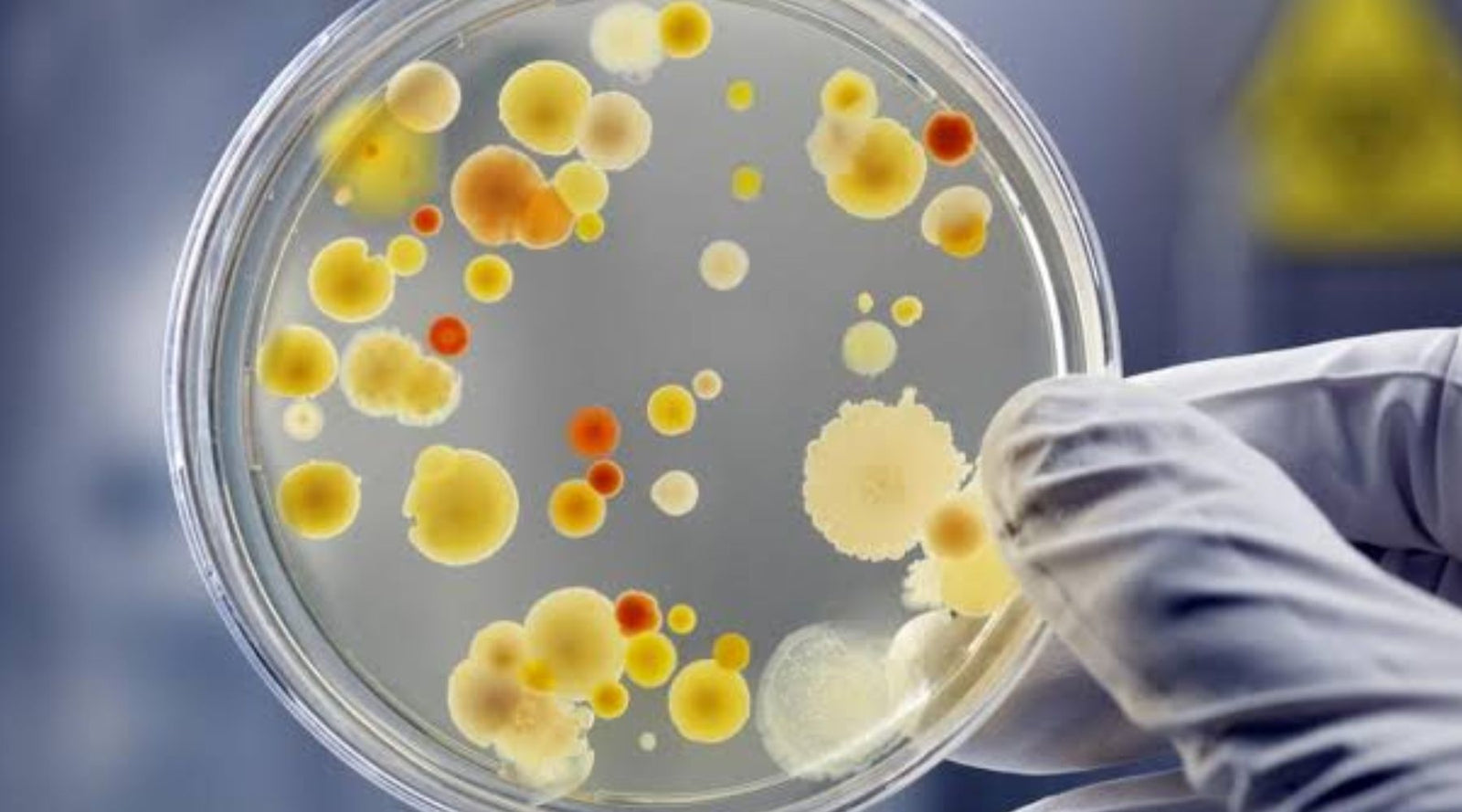Your Cart is Empty
Menu

Have a question? Call us 7 days a week!
Does Reverse Osmosis Remove Bacteria?
June 13, 2024 3 min read

Does Reverse Osmosis Remove Bacteria?
Depending on where you live, it is very possible that your water contains bacteria that could be potentially harmful to you and your family. It is crucial to remove both bacteria and viruses from drinking water to ensure it is safe and clean. Reverse osmosis stands the test of time as the one of the most holistic and reliable filtration methods available to humans, removing up to 99% of harmful contaminants in water.
So does reverse osmosis remove bacteria too? The simple answer is - YES.
How Does Reverse Osmosis Remove Bacteria?
Reverse Osmosis (RO) systems use semipermeable membranes that contain very tiny holes (0.0001 micron). These reverse osmosis membranes are highly effective in the filtration process, removing various contaminants from water. These holes are designed to allow only water molecules to run through them, leaving all of the nasty contaminants you don’t want in your water behind.
Common Bacteria in Water Removed with RO:
-
Salmonella
-
Coliform
-
Legionella
-
E. Coli
-
Cryptosporidium
-
Adenovirus
-
Giardia
-
Hepatitis A
-
Heterotrophic Bacteria

Is There Anything that RO Systems Can't Remove?
While reverse osmosis is an effective filtration method, contaminants like dissolved gases (ie. hydrogen sulfide or rotten egg smell) cannot be removed. To combat this, many RO systems include pre and post filters which help to remove this element from your water source.
Additionally, there are certain pesticides and volatile organic chemicals (VOCs) that are not removed by RO. If you are worried about a specific contaminant and the efficacy of reverse osmosis, it is best to consult with a professional prior to installation. Reverse osmosis technology also has limitations in removing some contaminants, which can affect the health and nutritional mineral content of the filtered water.
Health Risks Associated with Bacteria Contaminated Water
Risks associated with bacteria consumption through water very from mild illness to severe illness and death. Common illnesses include diarrhea, giardiasis, dysentery, typhoid fever, E. Coli infection, and salmonellois. Regular and ongoing exposure to bacteria can result in long-term health issues.
Methods like UV light and reverse osmosis systems can kill bacteria in water, providing safer drinking options.
Common Sources of Bacterial Contamination in Water:
-
Municipal sewage
-
Septic systems
-
Animal waste
-
Agriculture pollution
-
Storm water runoff

Additional Considerations for Using RO Systems to Remove Bacteria
Maintenance: It is critical that you follow your reverse osmosis system’s guidelines for membrane and filter replacement to ensure its effectiveness. Expired membranes lose their effectiveness as their micron rating decreases. This can result in bacteria slipping through the membrane and entering your water supply.
Signs of System Inefficiency or Failure: If you notice that your system is not performing as it has in the past, this can be a cause for concern. Most RO systems are built with a lifespan of 10-20 years depending on the manufacturer. Common signs that your system is in need of maintenance include, cloudy or murky water, smelly water, or a drop in water pressure.
Practical Tips for Using RO Systems:
-
Replace pre and post filters every 6-12 months
-
Replace membranes every 2-3 years
-
Rinse system with disinfectant annually
Other Methods for Removing Bacteria From Water
Various water treatment systems are available for removing bacteria from water, each with its own set of advantages and principles of operation. While reverse osmosis is one of the most effective ways to remove bacteria from water, there are other options available to homeowners as well. We’ve included a number of alternative filtration options if you’ve decided against going with an RO system below.
Additional Options:
-
Distillation
-
Boiling Water
These methods are highly effective in treating tap water, ensuring the removal of impurities and harmful microorganisms.
Helpful Reputable Resources
Water Related Illnesses - National Institutes of Health
Home Water Treatment - Centers for Disease Control
Drinking Water Treatment - University of Nebraska-Lincoln
Did We Miss Anything? Please Leave a Comment Below!
Leave a comment
Comments will be approved before showing up.
